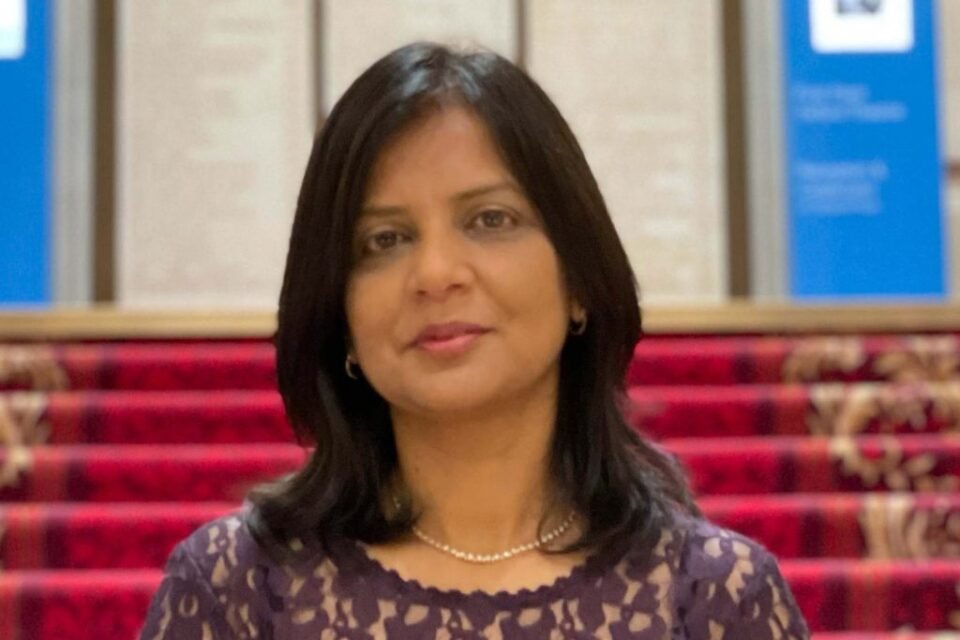
Priti Parikh
The ICE has set out a vision for diversity and inclusion. The vision is to improve lives by ensuring the world has the engineering capacity, people, skills and infrastructure systems it needs to allow our planet, and those who live on it, to thrive. This means providing affordable and high quality infrastructure to everyone.
Around 2.2bn people lack access to safely managed drinking water, 3.5bn lack safely managed sanitation and around 760M do not have access to electricity. The service gaps are predominantly in emerging and international markets where most of the new infrastructure will be built in the next decade. Women bear the brunt of poor infrastructure, especially in vulnerable and marginalised communities, and sadly lack representation in planning, design and delivery of infrastructure services.
An investment of between $1trillion (£780bn) and $1.5trillion (£1.17 trillion) per annum is required to bridge the gap in services in developing nations. This is not a small task. Bridging the gap will need engineering skills to be rapidly nurtured and fostered in those regions as there is a shortage of engineering skills, especially in sub-Saharan Africa.
We cannot tackle the grand challenges without a diverse industry
If we want our future cities to meet the needs of diverse populations, we need that diversity to be reflected in our workforce. The gap of diverse voices and skills in leadership is stark, especially at senior levels. Only 2% of chief executives are women and only 9% of women work in senior roles. Women comprise less than 1% of the hydropower workforce.
Reflecting on International Women in Engineering Day on 23 June I would like us to think about tangible measures to boost diversity and inclusion in our sector at all levels.
One such example is the scholarship scheme introduced by the Bartlett School of Sustainable Construction at University College London. This programme supports women leaders studying for an MBA in major infrastructure delivery. But there is so much more that needs to be done at a global scale.
International collaborations and partnerships provide an opportunity for bi-directional knowledge and technology transfer. The ICE has over 25,000 international members in 163 countries. This gives us an opportunity to bring in diverse and country-specific perspectives to develop solutions tailored to local settings but through learning lessons from other regions.
The networks also provide an opportunity to explore enablers and blockers for a diverse workforce to deliver the United Nations Sustainable Development Goals (UN SDGs) and improve our built environment. The 17 UN SDGs and 169 SDG targets provide a framework for bringing in diverse expertise to address grand challenges such as climate crisis and the need for rapid decarbonisation of our economy.
But we cannot tackle the grand challenges without a diverse industry that better represents the public we serve in the UK and globally.
- Priti Parikh is the ICE’s international Trustee
Like what you’ve read? To receive New Civil Engineer’s daily and weekly newsletters click here.

